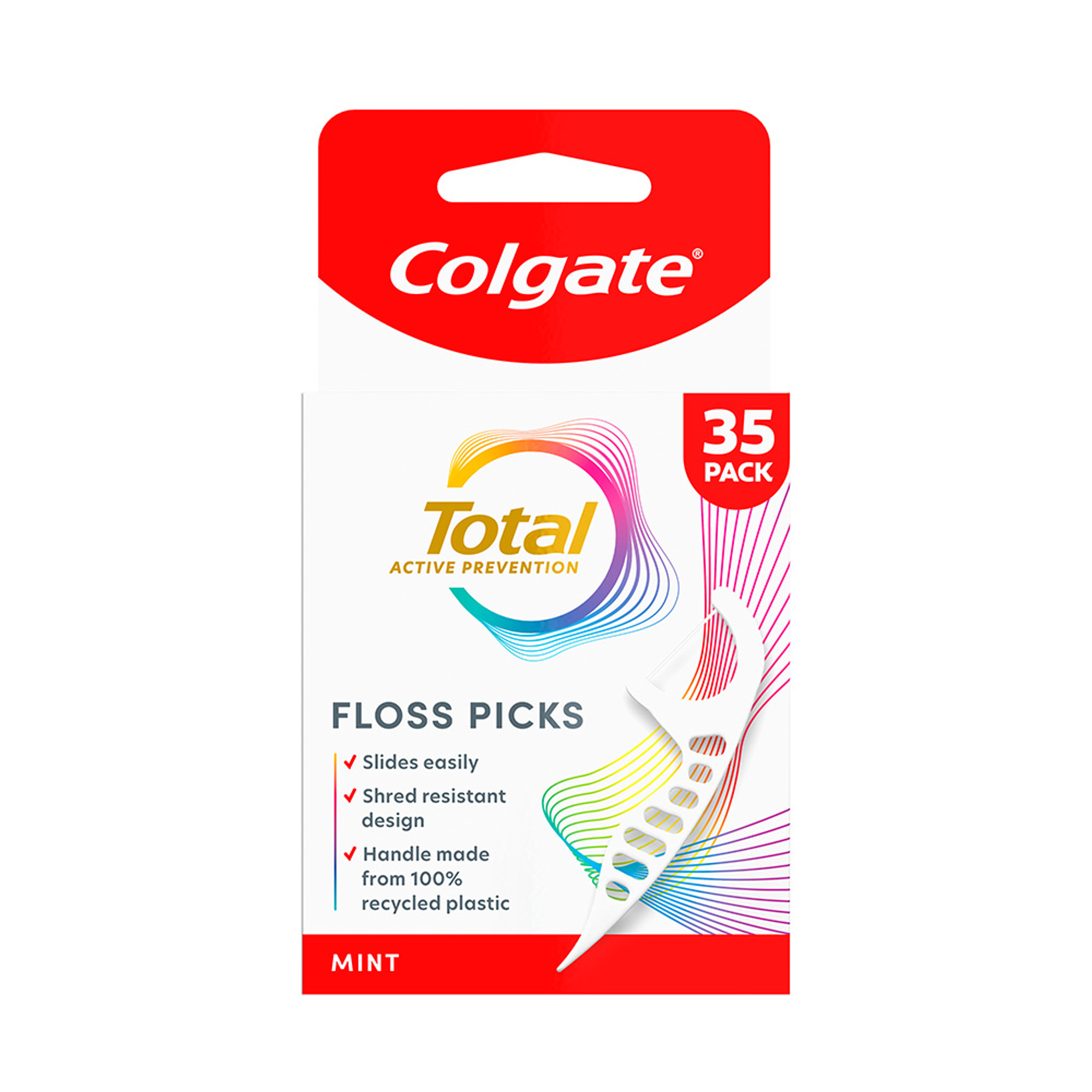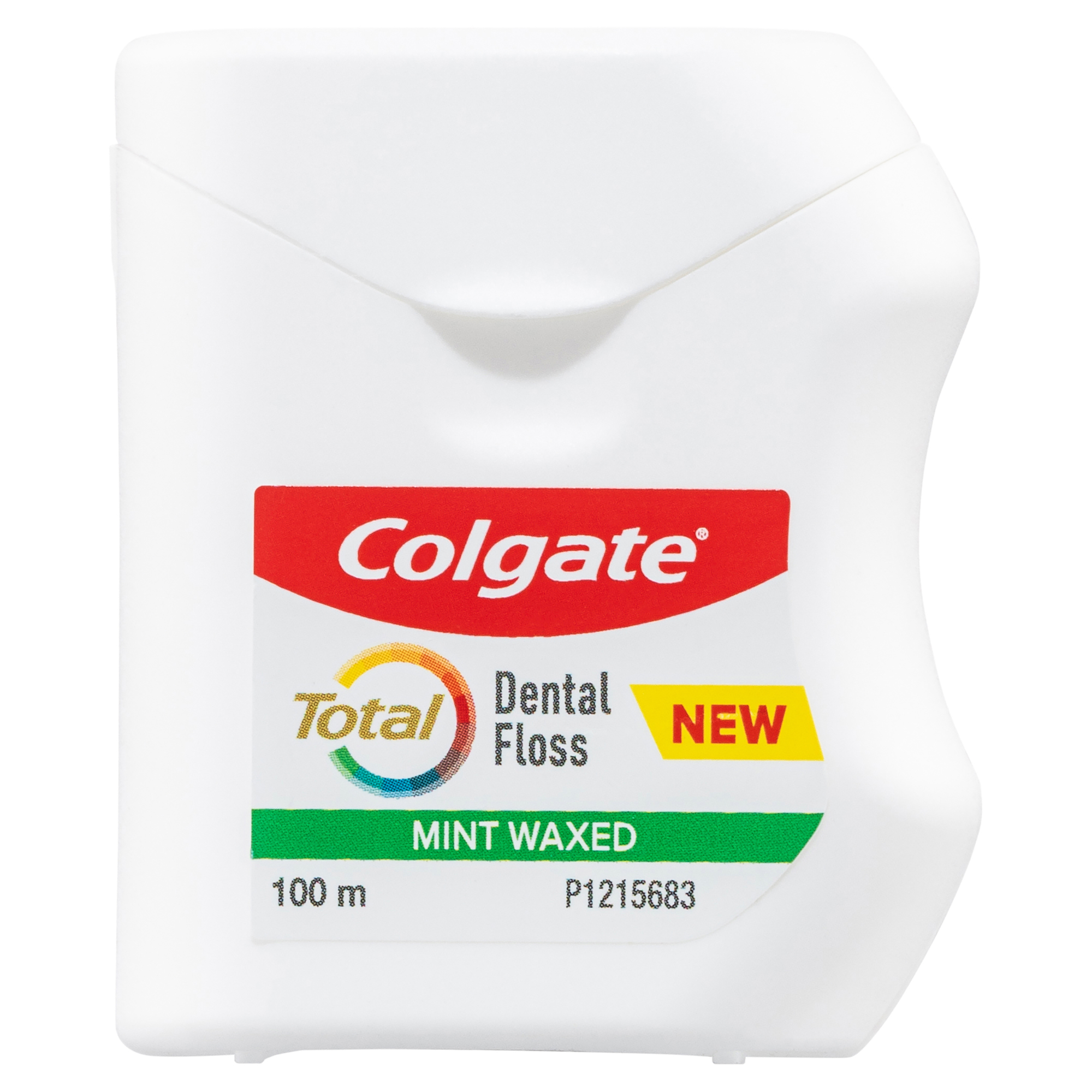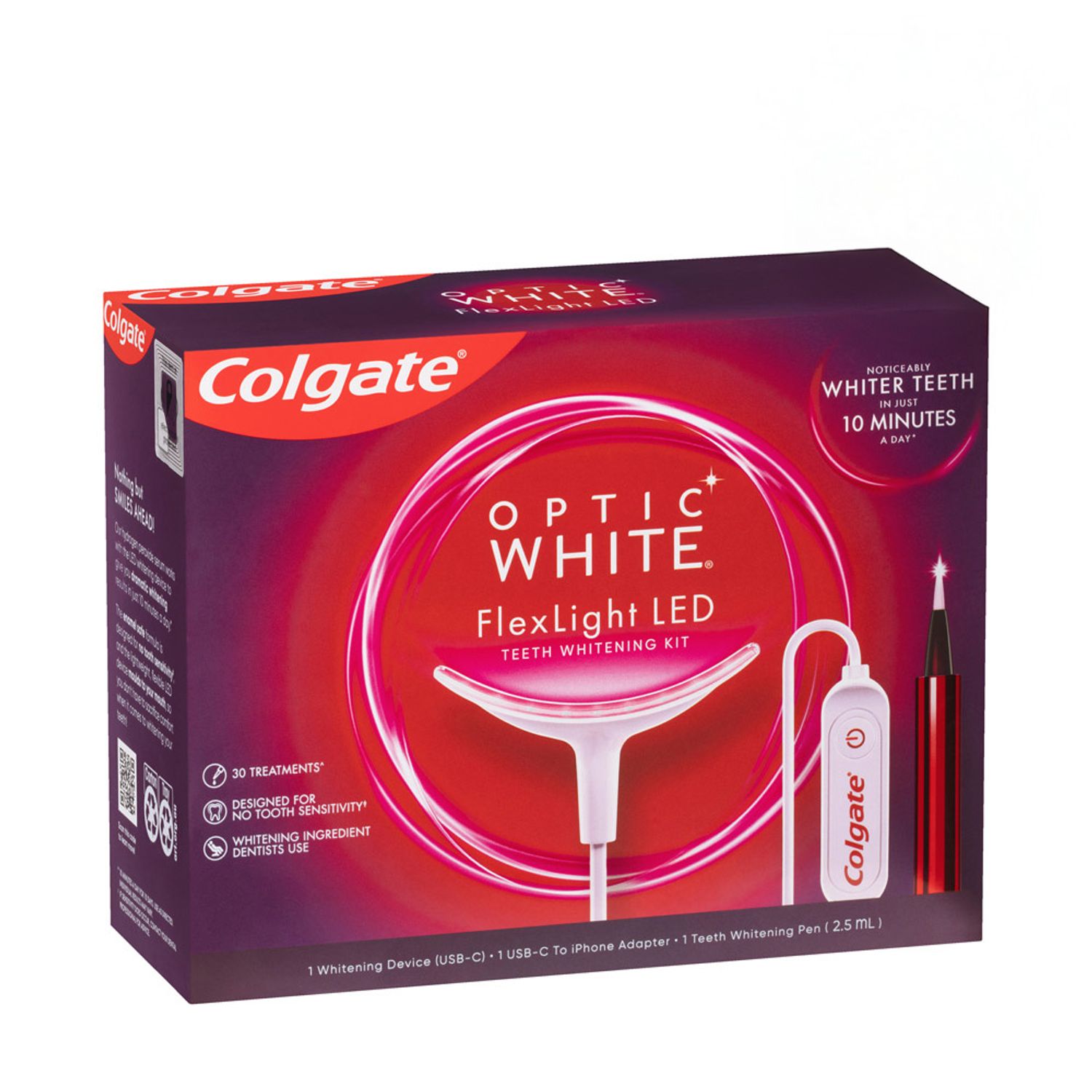What are the causes of bad breath?
It’s not just the oldest and wisest among us who exhale in a less-than-desirable fashion. According to Raising Children Network, it’s quite normal even for children and teens to wake up with bad breath. So there is no need to feel like you’re falling apart.
Let’s begin by addressing the causes that tend to affect most of us first, as that may give the easiest and fastest solution for you. Do you feel happy to give up foods like garlic, onions, and certain spices? Are you willing to cut down or completely give up drinking alcohol? Or to stop smoking or chewing tobacco? These are some of the most common offenders to cause bad breath (and, of course, alcohol and tobacco can have adverse effects on your health generally). One solution would be to avoid these things completely. But besides extremely harmful substances like tobacco (which should be kicked entirely), that may not be desirable.
Whatever you decide, giving abstinence a try (at least temporarily) will help you determine what’s at fault. But suppose you find that what you’re eating, drinking, or inhaling isn’t the reason for your bad breath? In that case, an underlying medical condition could be the cause. According to healthdirect, these conditions include “dry mouth, an infection, conditions affecting the mouth, nose and throat, problems with your gut, diabetes, extreme diets and anorexia nervosa.”
Your dental professional is the person best suited to investigate oral health issues which may be causing the problem.
How does periodontal disease cause bad breath?
Periodontal disease (aka gum disease) is an inflammation of the gums that can affect the bone surrounding and supporting your teeth. It is typically a result of plaque collecting on your teeth and gums. And it can cause bad breath.
In fact, gum disease is one of the most common health-related causes of chronic bad breath, and is more prevalent as we get older. The National Study of Adult Oral Health 2017-18 confirms that periodontal diseases in the Australian population are strongly age-related. For example, 55 to 74-year-olds had a 4.18 times higher prevalence of periodontitis than 15 to 34-year-olds. Further, people aged 75 years and over had a 7.67 times higher prevalence than 15 to 34-year-olds.
There are two main stages of periodontal disease: gingivitis and periodontitis. Gingivitis is the initial, mild and reversible form of gum disease. Periodontitis is the advanced, more severe form (which can be treated but not reversed).
Treatment for gum disease will depend on its severity. Excellent home oral hygiene and regular professional cleanings may be enough to treat gingivitis. Individuals with periodontitis may require deep professional cleanings that remove bacterial deposits below the gumline and be given a stringent dental hygiene routine to follow closely at home.
How does dry mouth cause bad breath?
Dry mouth (xerostomia) is another common cause of bad breath in ageing populations. You may be wondering why dryness in your mouth would create an unpleasant odour. The answer is pretty simple. If you don’t have enough saliva to wash away food particles and bacteria,they can collect on your teeth and gums, and plaque will form.
There are many reasons you could be experiencing xerostomia as you get older. According to research from The University of Adelaide, although a dry mouth is common among the elderly, “there is no evidence to suggest that this is a feature of the ageing process itself”. Instead, it’s thought that as you get older, you are more likely to be taking more medications, many of which cause a dry mouth, or you could be having radiation therapy or have developed chronic inflammatory conditions which can affect salivary flow.
Regardless of the cause, keeping moisture in your mouth can help with unpleasant odours. Some people use dry mouth relief products, but sipping water or sucking on sugar-free lozenges throughout the day can help a lot, too.
How do dentures, partials and fixed bridges cause bad breath?
If you wear removable replacement teeth, it may be a reason your breath isn’t as fresh as you’d like. Food may have built up in hard to reach crevices, allowing bacteria to grow. A more thorough cleaning routine of your artificial teeth could be all it takes to rid your mouth of any unwanted odours.
Now that you know the most common causes of halitosis for older adults, we hope you’re more able to narrow down what’s causing you any problems. Often, ridding yourself of bad breath is as simple as practising good oral hygiene. Brush at least twice a day (don’t forget to brush your tongue), floss or clean between your teeth with interdental brushes or water flossers at least once a day, and consider using other helpful products like antimicrobial mouth rinses and tongue scrapers.
Finally, make sure you see your dental professional for regular cleanings. These regular appointments not only keep your teeth shiny and bacteria-free but also ensure you catch any underlying oral health issues.
This article is intended to promote understanding of and knowledge about general oral health topics. It is not intended to be a substitute for professional advice, diagnosis or treatment. Always seek the advice of your dentist or other qualified healthcare provider with any questions you may have regarding a medical condition or treatment.














